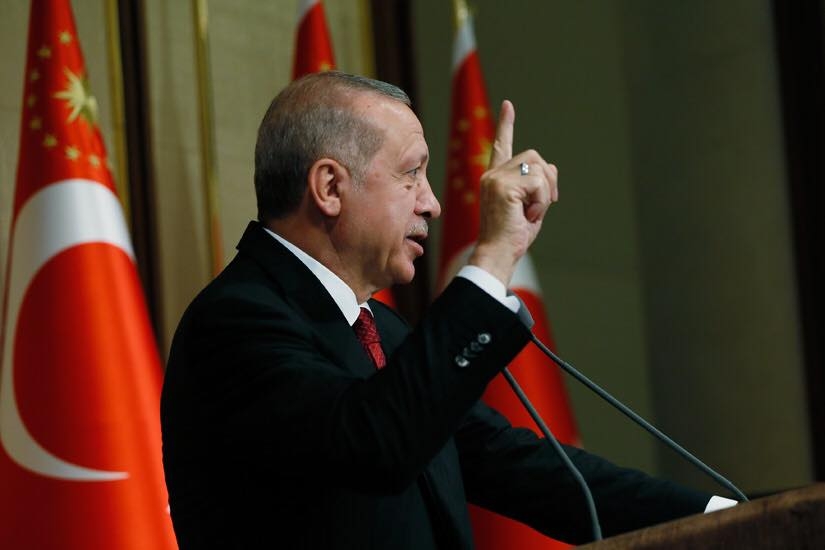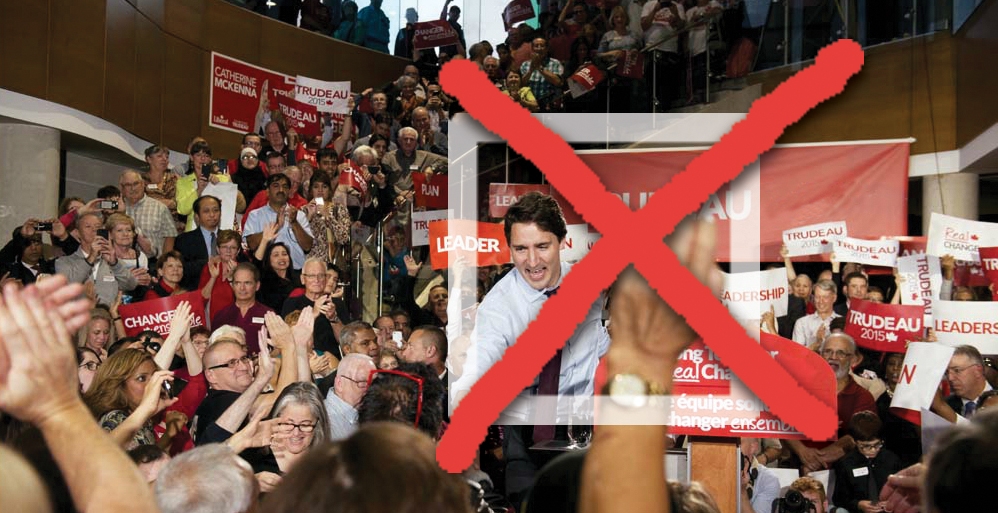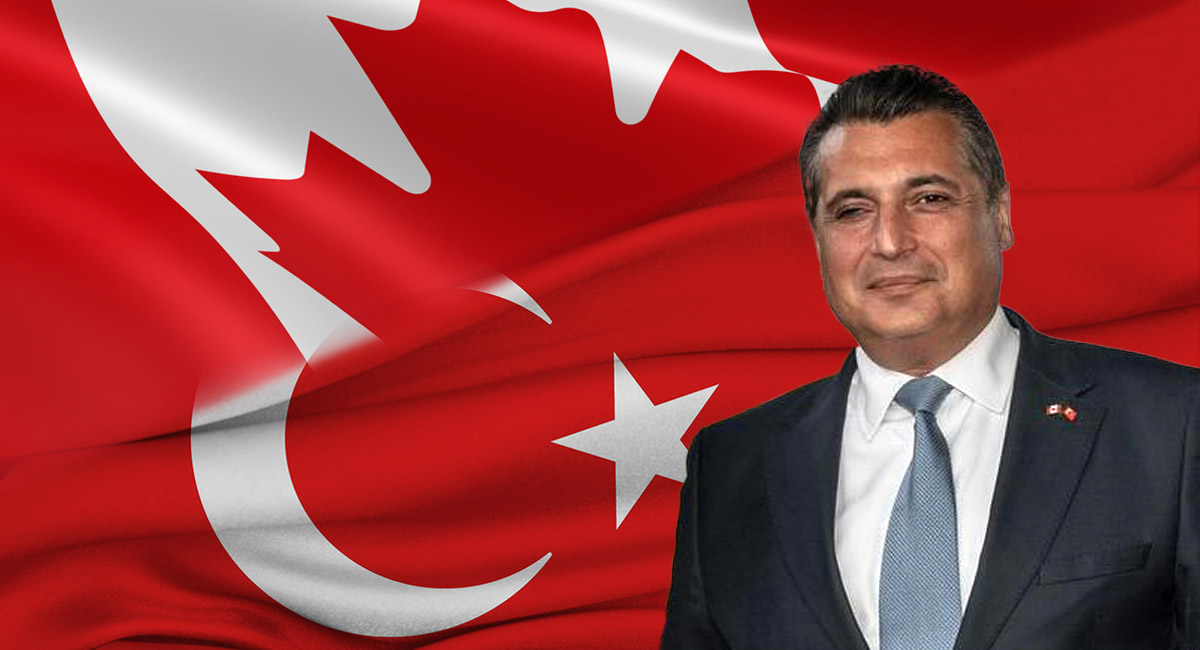
The Night that Shook a Nation: Turkish Embassy Hosts Commemoration Ceremony in Ottawa on Second Anniversary of Failed Coup
Turkey’s Ambassador to Canada, his Excellency the Hon. H.E. Selçuk ÜNAL, members of the Turkish Diaspora in Canada, several Ambassadors and representatives from NGO’s, the government and community leaders attended a commemoration ceremony at Centrepointe Theatre in Ottawa on Sunday to commemorate the second anniversary of the thwarted coup attempt to overthrow the democratic government of Turkey. The ceremony began with a moment of silence to honour those killed during the attempted coup followed by a series of short speeches and commentary from religious and community leaders who spoke against all forms of violence. Ambassador Ünal told the audience that it was impossible – even two years later – to find words that could describe the brutality caused by the conspirators of the biggest betrayal and bloodiest act of terrorism in the history of the republic of Turkey. A twenty minute video was played showing news media clips taken during the coup. In one clip nearly too painful to watch, a military coup member shot a Turkish protestor in the leg at point blank range when he would not comply with an order to move out of the way of the plotters. That one scene captures the determination, spirit and resilience of the Turkish people to protect their government on that infamous day. There were many other images made available in a presentation photo exhibition from the Anatolian News Agency.
Background on the July 15, 2016 Attempted Coup
On July 15, 2016, rogue elements in the Turkish military with ties to a controversial religious preacher named Feullah Gulen attempted a violent coup to oust the democratically elected and sometimes controversial government of President Recep Tayyip Erdogan. Thousands were injured and 179 civilians, 63 policeman and 5 Turkish soldiers were killed during the 12 hour melee. The coup was thwarted and shut down when President Erdogan went on live television and called upon the Turkish population to take to the streets to stop the rogue soldiers. Hundreds of thousands of Turks did exactly that and succesfully shut down the coup.
Turkey Today
Since the attempted coup, Turkey has been going through an existential crisis about their role in the world and what kind of government they want. There has been a constant pull between the Atatürk visions for the country which Mustafa Kemal, the founder of the Turkish modern republic, saw as a modern secular state that embraced European and Western Democratic values against the pull of a more conservative state with religious overtones.
In the June 25, 2018 Presidential elections, it appears the Turkish people settled somewhere in between. President Erdogan won 52.54% of the national vote, while the opposition CHP party’s candidate, Muharrem İnce, was on 30.68%. The pro-Kurdish party, known as the HDP, took 11.67% of the vote, passing the 10% threshold to enter parliament for a second consecutive term. While a big personal win for Erdogan, the vote also reduced the majority of Erdoğan’s ruling party, the AKP, but fell short of the numbers needed to overturn that majority after a surprise showing by the AKP’s nationalist allies. As a result of his win Erdoğan assumed extraordinary new Presidential powers that were narrowly approved in a referendum last year, including complete control of the cabinet and the power to appoint senior judges and officials, including unelected vice-presidents. The office of the President (currently Erdogan) now has the power to issue decrees with the force of law. Opposition candidates had pledged to overturn this new presidential system if they had won. One of the presidential candidates, Selahattin Demirtaş, ran his presidential campaign from a prison cell in Edirne where he is on trial on terrorism charges. Since the failed coup of July 15, 2016, the Turkish government has shuttered, bought or taken over many newspapers and TV stations, and many in the Opposition have accused the Erdogan government of transforming the vast majority of the nation’s media into a loyalist press. In addition, thousands of people have been detained or dismissed since the coup attempt in 2016.
However, Erdogan government officials have maintained that the crackdown was – and is – necessary and continues to be directed at the followers of Fethullah Gülen, the man accused of masterminding the violent coup from his exile in Pennsylvania. The government has also released thousands of people detained after the coup as the cases have worked their way through Turkey’s court and legal system.
Erdogan’s win seems to be a validation of his post-coup actions as 90% of the 59 million people eligible to vote did so. Sadi Guven, chief of Turkey's Supreme Election Board, said Erdogan had won an absolute majority, avoiding a runoff against his principal challenger, Muharrem Ince. State media put Erdogan on 52.5%, well ahead of Ince on 31%.
"The winners of the June 24 elections are Turkey, the Turkish nation, sufferers of our region and all oppressed (people) in the world," Erdogan said in a victory address from a balcony at the AKP's offices in the capital Ankara in the early hours of Monday morning. The results were a blunt defeat to Ince and his Republican People's Party, known as the CHP, who ran a spirited campaign that threatened to force Erdogan into a damaging runoff and deny his party control of parliament.
Thus, Turkey remains a democracy with a chastened but still strong opposition, as well as a President who has majority support that is twenty points ahead of his nearest rival. The future of Turkey is yet to be written but one thing for sure is that the Turkish people strongly and uniformly rejected military rule and chose democracy in July 2016. To truly understand what really happened on that night Chris Kilford, Canada’s former Military Attache to Turkey, has written a brilliant and detailed account of those events titled THE NIGHT THAT SHOOK A NATION –What Happened and Why it Failed. It was recently published as part of the VIMY Papers for the Conference of Defence Associations Institute and Ottawa Life Magazine is re-publishing it here on the 2nd Anniversary of the failed attempted coup.
What Happened and Why it Failed
Turkey has been a vital member of NATO since 1952 and remains the anchor of NATO’s southeastern flank. What happens there is important. And during the late evening hours of 15 July 2016, a group of senior military officers attempted, but ultimately failed, to overthrow the Turkish government. Dubbing themselves the “Peace At Home Council”, their aim was to remove President Recep Tayyip Erdoğan from power and, according to their declaration, reinstate constitutional order, human rights and freedoms, the rule of law, and general security. The coup attempt was not the first time the Turkish military had interfered in Turkish politics. The first military coup took place just eight years after Turkey joined NATO. Other successful coups followed in 1971, 1980 and 1997.
Chris Kilford, served in the Canadian Armed Forces for 36 years, his last post as the Canadian Defence Attaché to Turkey from July 2011 until August 2014. He retired in September 2014. In addition to his military service, he completed a PhD in history at Queen’s University in 2009. He is an External Fellow with the Queen’s Centre for International and Defence Policy and Research Fellow with the Conference of Defence Associations Institute,








